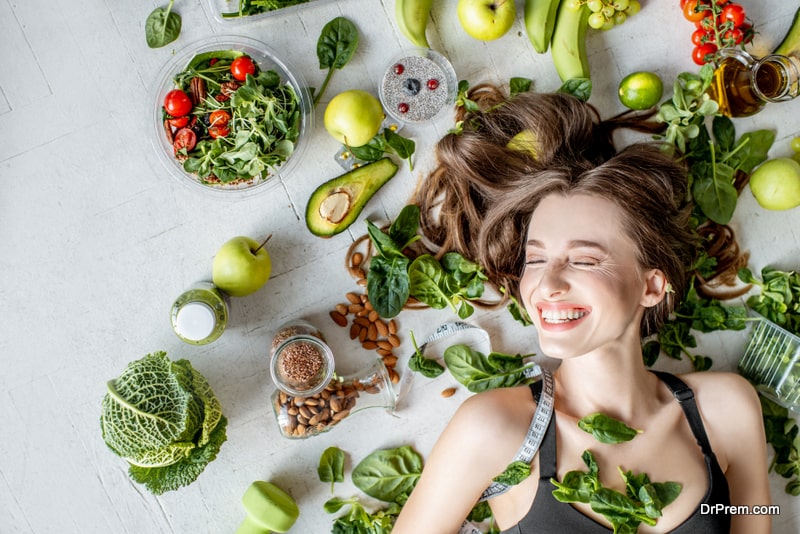Going vegan is a healthy and eco-friendly choice. However, as it excludes some food from the diet, such as dairy, people often wonder if a vegan diet is enough to provide the body with the nutrition it needs. Sometimes, vegans may feel low and tired and this could be due to deficiencies in their diet. To be on the safe side, vegans should ensure that they are getting enough of these foods in their diet, so that they are safe from health problems in the future. Listed below are the essential vegan diet supplements for vegans. But first, read about why vegans do not get the required complete nutrition from a plant-based diet.
Why is plant-based food insufficient?
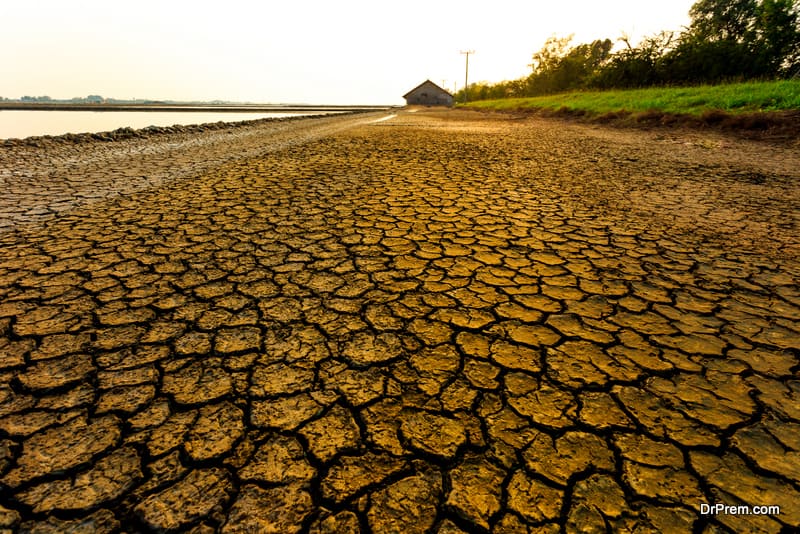
Getting all the supplements through food is best, but it’s not very easy to do that. The vegetable which are availableto us these days are not as nutritious as they were before. The CO2 levels are higher in the atmosphere, leading to changes in the plant’s composition or the ‘ionome’. This causes lower concentration of minerals and vitamins in plants. Soil erosion has also led to the loss of nutrients in plants. This is why, when vegans have only plant-based food, they may not be getting enough nutrients.
Supplements for a plant-based diet are a way to keep the body’s requirements of minerals and vitamins in balance. But before using any kind of supplement, do consult your physician.
8Most important vegan diet supplements
1. Vitamin B12

Vitamin B12 is essential for the body but it is usually derived from animals and the lower intestine, but the Vitamin B12 made by the body is not absorbed well by the body.
Vitamin B12 protects heart, improves the metabolism of protein as well as the formation of RBCs or Red Blood Cells. It supports the energy levels of the body and the immune system. Long term deficiency of vitamin B12 might cause anemia, bone disease, heart disease, infertility as well as several neurological problems.According to studies, around 20-40% people in the world are vitamin B12 deficient and in the developing countries, the number is as much as 70 – 80%.Vitamin B12 levels should be checked every year. One of the supplements for plant-based diet is vitamin B12.
Natural sources of vitamin B12 are spirulina, nori, nutritional yeast and chlorella, and mushrooms which have been grown in B12 rich soil.
To reach the recommended vitamin 12 levels, you must consume B12 fortified foods, or take vitamin supplements. The B12 fortified food includes soy milk and soy products, breakfast cereals etc.
Older adults, over the age of 51, whether vegan or not, are recommended to consume Vitamin B12 supplement.
2. Vitamin D

The body makes vitamin when exposed to the sun. The modern lifestyle is predominantly an indoor lifestyle, that’s why Vitamin D is one of the most common vegan deficiencies and symptoms seen in many vegan people.
Deficiency of vitamin D can lead to risk of dementia and Alzheimer’s.
Vitamin D helps in calcium absorption, phosphorus as well as minerals. It is crucial for the proper functioning of the heart, brain, pancreas, thyroid and muscles. It supports the immune systems. Vitamin D is essential for the body as it reduces risk of Multiple Sclerosis, Crohn’s disease, Rheumatoid Arthritis and other autoimmune diseases.It reduces the production of insulin and serves as a protecting factor against Type 2 diabetes and some cancers. If the body has enough vitamin D, then you will be less prone to flu and colds. As you can see, vitamin D is one of the most important nutrients for the body.
Getting vitamin D from food is difficult as it is present in very few foods, except for some kinds of fatty fish. As vegans do not consume fish, those leading a majorly indoor lifestyle, tend to be vitamin D deficient.
Standing in the midday sun for 15 minutes is supposed to allow the body to make enough of this vitamin, but you are at risk of exposing yourself to the harmful rays of the sun. Besides, most areas of the body have to be exposed.
Thus, visiting the physician, conducting a vitamin D test to know your levels, and them supplementing with the prescribed dose is the optimum way to maintain vitamin D levels in the body. For vegans, vitamin D2 or vitamin D3 is most effective.
3. Iodine
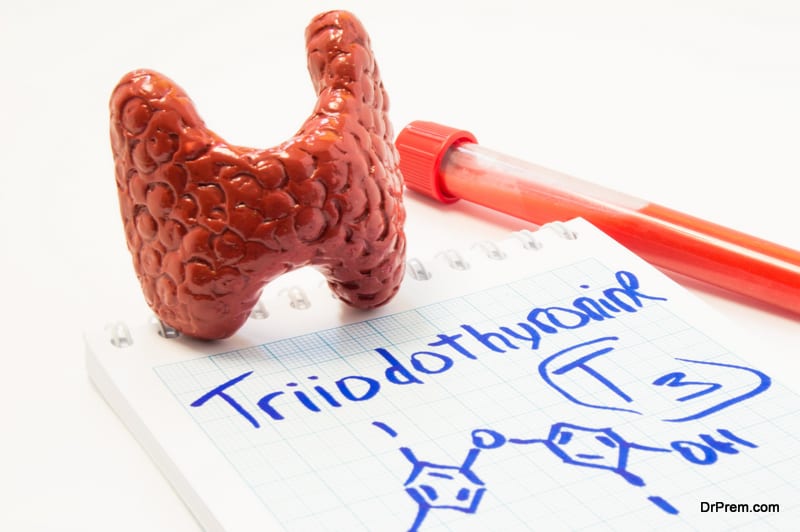
Iodine is essential for thyroid function. This controls the metabolism of the body. Iodine is especially required for pregnant women as it can result in babies having irreversible intellectual disability. This deficiency in adults often leads to hypothyroidism.
There are studies which report that vegans have 50% low blood iodine than other dietary groups, including vegetarians.
Foods high in iodine are iodized salt, seaweed, seafood and dairy products. For vegans, consuming plants grown near the oceanwill provide more iodine in natural form to the body. But, if any tests reveal that the iodine levels are low, then iodine supplements with other multivitamin for vegetarians and vegans are the best option.
Iodized salt can help also, and symptoms of iodine deficiency such as dry skin, forgetfulness, weight gain, depression, tingling in hands and feet will reduce.
If you go for iodine supplements, check with your physician about the exact amount as high level of iodine can cause convulsions, coma or organ failure.
4. Calcium
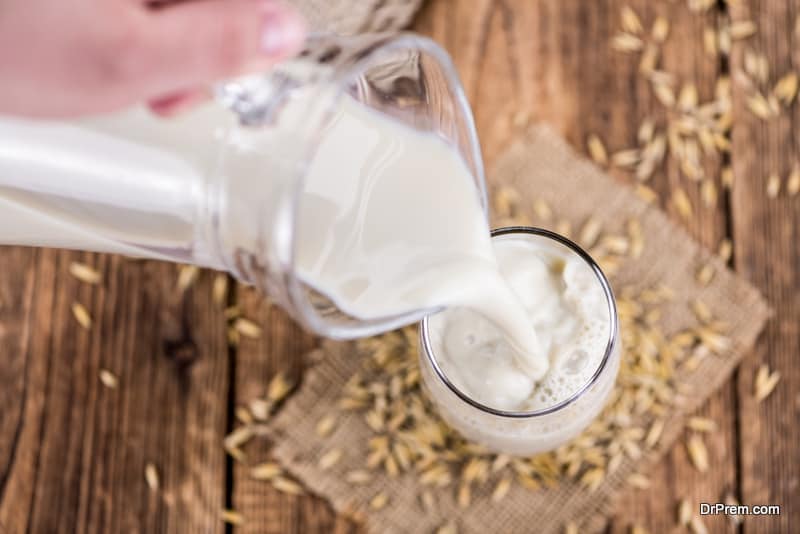
Calcium is necessary for bone and teeth health. Healthy levels of calcium are required for heart health, nerve signaling as well as muscle function.
The sources of plant-based calcium, is kale, bok choy, turnip greens, broccoli, chickpeas, fortified juices or plant-based milks. Many studies have suggested that vegans do not get the required calcium. Vegans claim that they need less calcium, as they don’t use calcium to neutralize acidity due to meaty foods. Though this claim needs more studies in order to be validated, it has been found that vegans who consume less than 525 mg calcium have increased risk of fractures.
So, calcium has to be consumed as supplement along with multivitamin for vegetarians and vegans.
5. Iron
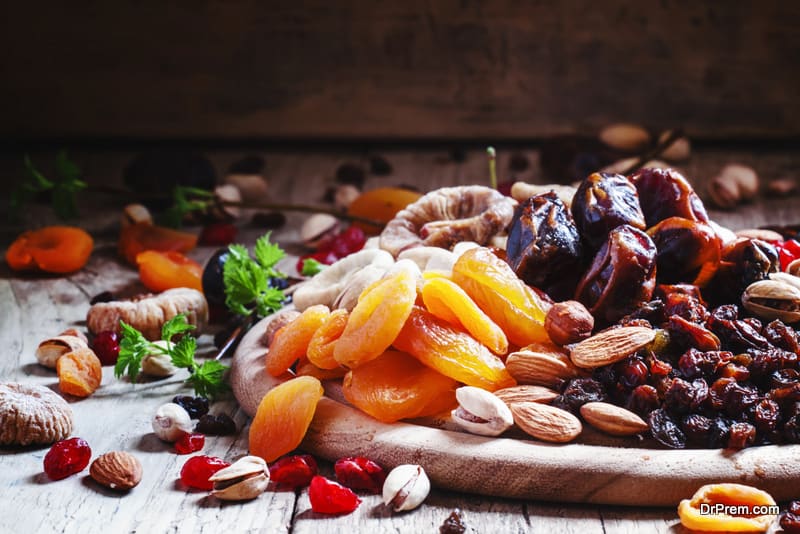
For energy metabolism, flow of oxygen in the blood and to make new blood cells and DNA, iron is crucial. Vegans may face iron deficiency symptoms such as decreased immune functions and fatigue.Iron can be derived in two forms by humans – non-heme and heme. Heme iron is available from animal derived foods and non-heme from plants.
Heme iron is easily absorbed by us, rather than the non-heme. Vegans are usually recommended more iron supplementation as they derive iron from plants which is not easily absorbed. Then again, more studies are required to evaluate this.
Cruciferous vegetables, dried fruits, seeds, nuts, peas and fortified cereals can help to increase the iron content in the body. Cooking in cast-iron pots/pans, avoiding coffee or tea and combining iron rich food with calcium helps to boost the absorption of iron.
Before using any supplements, you have to determine the levels of hemoglobin as well as ferritin by the physician. Consuming excess iron does more harm than good. It can damage cells or block the absorption of some other minerals.
6. Long-chain omega 3cs
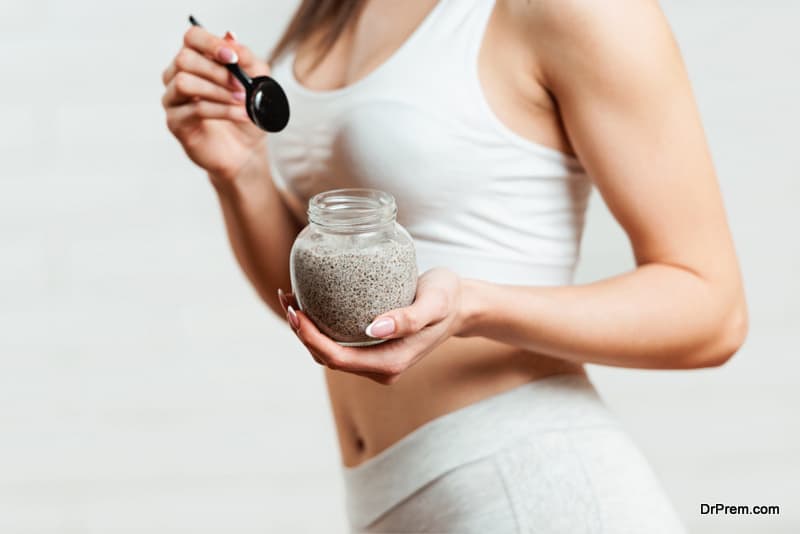
ALA and DHAs are the kinds of omega 3 fat that the body needs. ALA is derived from diet, but DHA can be manufactured from ALA. The long-chain fatty acids have a significant role in the development of eyes and brain. Adequate levels are important for the brain, as well as to reduce the risk of inflammation, breast cancer, depression and ADHD. Chia seeds, flax seeds, hemp seeds, walnuts contain ALA. Conversion rate from ALA to DHA is quite less however.
Research done on blood tissue concentration of DHA and EPA in vegetarians and vegans has revealed that they have 50% less blood-tissue concentration than omnivores. Algae oil is one of the ways to fulfill the needs of these two omega-3 fatty acids.
7. Vitamin K

Vitamin K1 and vitamin K2 are two types of the vitamin K. The K vitamins help in the healing of wounds and blood clotting.Vitamin K1 is present in dark and leafy greens. Vitamin K2 is found in egg yolks and dairy products. Vegans do not include eggs in their diet, so their dietary supplement should come from fermented foods, such as sauerkraut, fermented soybean natto, kombucha (unpasteurized), kimchi (vegan) and plant derived kafir.
Vegans are usually not deficient in K vitamin as gut bacteria can transform K1 into K2. There are vegan probiotic supplements which help the gut process the vitamin K.
8. Zinc

Zinc is crucial for immune function, i.e. it helps to fight bacteria and viruses. It enhances the sense of taste and smell. Insufficient amount of zinc in the body leads to hair loss, diarrhea, impotence and interferes with the immune system. Legumes, seeds, nuts, tofu and whole grains are good sources of zinc.
If you suspect that you have zinc deficiency, then you should opt for zinc supplements. Soaking nuts, legumes and seeds for a night, seems to boost the absorption of zinc.


